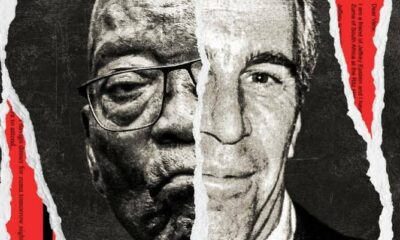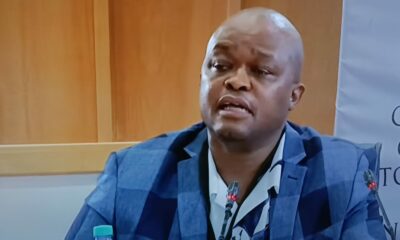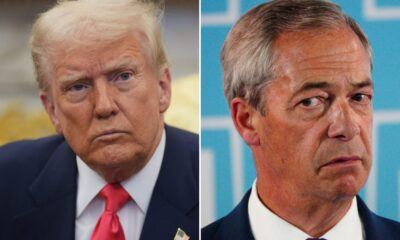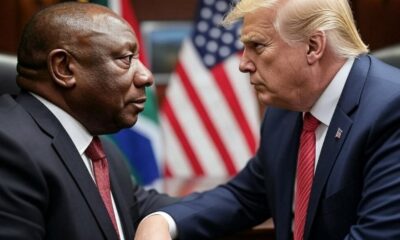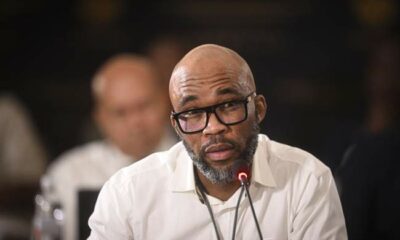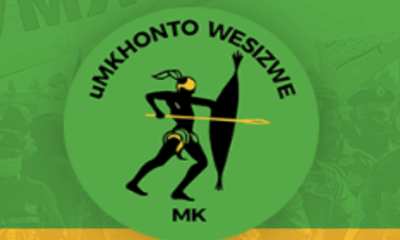News
Ministers Face Fiery Questioning Over Absenteeism, Israel, and Whistleblower Killings
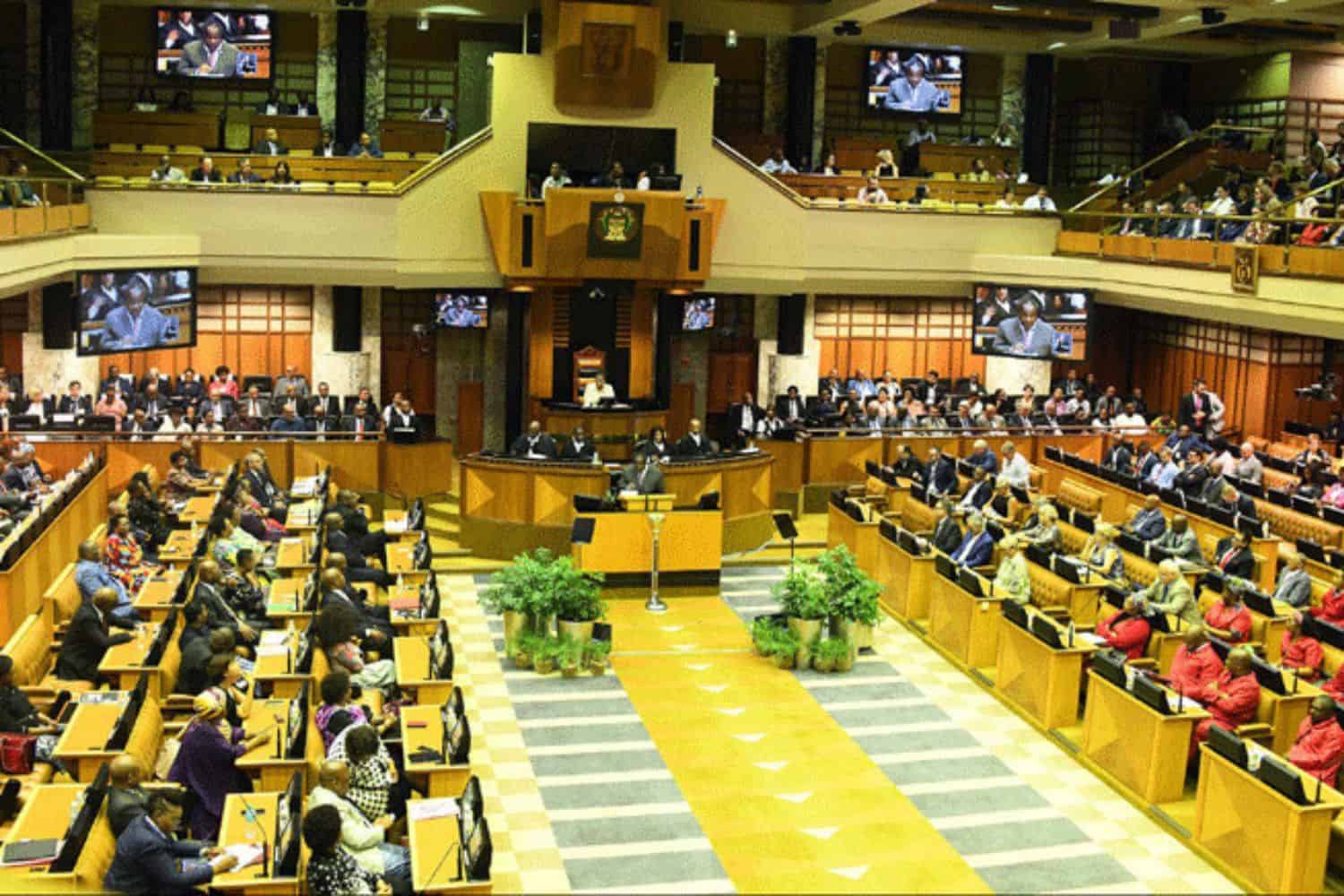
Parliament turned into a political pressure cooker this week as South African ministers were grilled on everything from absenteeism and Israeli land sales to the assassination of whistleblowers. The heated session reflected both the growing impatience of MPs and the rising tension in public debates about accountability, foreign influence, and safety of those who speak out against corruption.
Ministers Missing in Action
The day started on a sour note when EFF MP Hlengiwe Mkhaliphi raised concerns about ministers failing to show up for oral questions. Deputy Speaker Annelie Lotriet didn’t mince her words either: “It is not acceptable that ministers are not present when these questions are planned long before,” she said, drawing murmurs of agreement across the chamber.
For many South Africans watching, the scene captured a wider frustration: leaders are quick to hold press briefings but often absent when real accountability is required inside Parliament. Social media lit up with hashtags calling out the no-shows, some dubbing it “#GhostCabinet.”
♦️Must Watch♦️
EFF Member of Parliament, Honourable @HhMkhaliphi, raises critical concerns about Ministers who are supposed to answer oral questions but are not present in Parliament.
“The Minister and the Deputy Minister who are supposed to answer the first oral question are… pic.twitter.com/okOGTQweYi
Economic Freedom Fighters (@EFFSouthAfrica) September 17, 2025
Israeli Nationals and Land Ownership
One of the sharpest exchanges came when MK Party MP Mariam Be Be Muhammad questioned the growing concern around Israeli nationals allegedly buying up South African land and property. She warned of a potential “Trojan horse” for foreign influence.
Home Affairs Minister Leon Schreiber responded with hard numbers, noting that only 0.07% of all arrivals this year were from Israel, and more Israelis had left the country than arrived. “We are not a country that wants to say people should not be able to invest in South Africa,” he said, pushing back against claims of unchecked influence.
Still, the issue sparked debate outside Parliament. Some South Africans argue that land ownershipgiven the country’s painful history, requires stricter vetting, while others see it as a distraction from bigger problems like unemployment and service delivery.
Israel-Palestine Conflict and the ICJ Case
The Israel-Palestine conflict also took centre stage. Al Jama-ah MP Imraan Ismail-Moosa pressed the International Relations Ministry to toughen its stance, asking whether South Africa should not only pursue Israel at the International Court of Justice (ICJ) but also push for UN intervention and a ceasefire.
Deputy Minister Alvin Botes highlighted the country’s ongoing legal and diplomatic efforts, including the recall of diplomats from Tel Aviv and collaboration with other nations to hold Israel accountable under the Genocide Convention. The debate echoes a long-standing public sentiment: many South Africans continue to view Palestine’s struggle through the lens of their own history of apartheid, making this issue both emotional and political at home.
Whistleblower Assassinations Raise Alarm
Perhaps the most sobering moment came when DA MP Ian Cameron demanded answers about the assassination of Tembisa Hospital whistleblower Babita Deokaran. Acting Police Minister Professor Firoz Cachalia assured Parliament that the Hawks are pursuing multiple leads, with forensic analysis ongoing.
Cachalia admitted he is deeply troubled by the rise in whistleblower assassinations and has instructed the national police commissioner to keep a close eye on such cases. He promised quarterly updates on high-profile investigations, though he cautioned that sensitive details could not be made public.
For many South Africans, this isn’t just politicsit’s personal. The killings of whistleblowers have cast a chilling shadow over efforts to expose corruption, leaving citizens asking: if the brave voices fall silent, who will be left to hold power to account?
Beyond the Chamber: What’s at Stake
The fiery exchanges highlight a Parliament under pressure to prove its relevance. From accountability gaps to international diplomacy, South Africa is wrestling with questions that cut to the heart of its democracy.
The real test now lies in action beyond the speeches. Whether it’s protecting whistleblowers, restoring public trust, or balancing foreign policy with domestic needs, the weight of expectation on ministers has rarely been heavier.
{Source: The Citizen}
Follow Joburg ETC on Facebook, Twitter , TikTok and Instagram
For more News in Johannesburg, visit joburgetc.com

